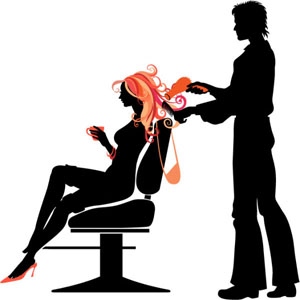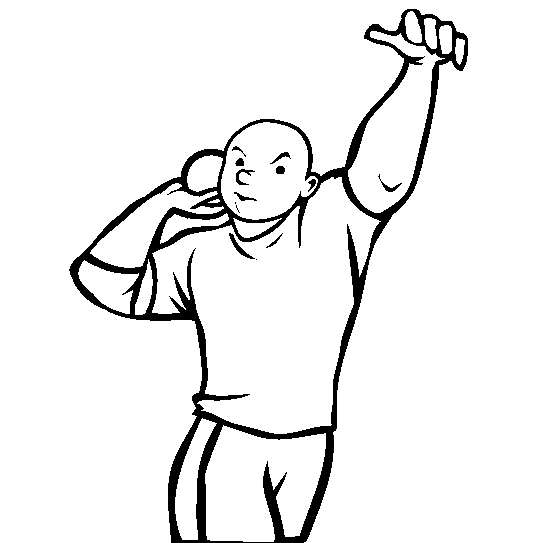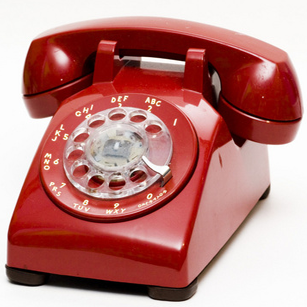I'm a tattoo artist who underwent a standard apprenticeship under a certified tattoo artist. I am an artist first, tattooer second, which means I put creativity and art into my tattoos, not just the 'you pick it, we stick it' type of tattooer. Apprenticeships for tattooing vary by state, according to the laws. I'm also a trained body piercer, as well. Any questions about the job or apprenticing, I'd be happy to help!
PLEASE NOTE: I will NOT price tattoos. Seek a shop for that.
To my knowledge, it's not illegal to tattoo a drunk person, it's just annoying (lol). Most paperwork that is filled out before a tattoo is done states that the person is signing that they are not under the influence of drugs or alcohol when they are getting tattooed. There are several reasons why most tattoo artists will not tattoo a drunk person: 1- Yes, people don't make the best decisions under the influence of drugs and alcohol, so we don't want to be held accountable for the Tweety Bird tattoo you wanted to get on your butt last night in a drunken stupor. 2- Drunk people do not sit still when they are getting tattooed. 3- Drunk people usually come in groups, and then we have an entire tattoo shop full of drunk people. 4- People who have been drinking bleed slightly more than people who haven't been drinking. Now, you have to have been drinking for a while that day in order for it to affect the tattoo, but there is a chance you will bleed more, which means the blood will carry the ink out and you'll have a splotchy tattoo. 5. The body goes through several stages when tattooing, including the release of adrenaline and endorphins when you first start the tattoo. Most people handle the release quite well, and no adverse reactions occur. Some people can't handle the release, and that's why they pass out. Drunk people are less likely to handle the release, therefore more likely to pass out or throw up when the tattoo begins.
I started by tattooing honeydew melons and grapefruit. Tattoo supply companies do sell fake skin, but it's thicker and more durable than human skin, so it's hard to get the depth right on fake skin (which isn't good for a newbie, because they need to learn how deep they can go in a person's skin just by feeling how the skin moves). I've had some apprentices practice on pig skin that the shop got from a butcher. That's the closest thing to human skin, but it made me sick (lol). Once the basics have been learned on one of these mediums, the next step is finding friends or family members that will let you experiment on them.
There is. It's my Panama piece (you can see it at http://www.theinklingsoflife.com/p/my-art.html#.UOyaQORqRs4). A customer of mine used to travel the world on his summer break, and when he got back from his various vacations, he'd bring me an idea of what he wanted to memorialize his trip, and then let me have creative freedom. After his trip to Panama, he told me he wanted some of the animals he saw on a night safari, gave me a list, and that was it. I chose to put the animals in the shape of Panama on his back, and we did the whole tattoo in one sitting, taking about 5 hours (if I remember correctly). To this day, that's my favorite tattoo that I've ever done.
Me, personally, yes- definitely. I don't put my name on any work that I don't think the customer will always be happy with. If a young person comes in and wants something I think they'd regret later down the road, I either try and approach their idea in a more long-lasting direction. (For example, if they wanted a band logo, I'd try and talk them into a generic music tattoo, or to get one of the song lyrics that holds the most meaning to them tattooed instead.) If I can't talk the person into a different idea, I will usually pass on the tattoo. Just as an FYI, I do the same when people come in wanting their husband/wife/boyfriend/girlfriend's name tattooed on them, too. If they are hell bent on getting it done, I try and steer them toward using a colored ink or gray ink because it's easier to cover in the future. If they insist on solid black ink, I won't do that tattoo, either.
Hairstylist and Makeup Artist
 How much am I supposed to tip my hairstylist?
How much am I supposed to tip my hairstylist?
Track and Field Coach
 How often are your athletes tested for PEDs and is it easy to beat?
How often are your athletes tested for PEDs and is it easy to beat?
Suicide Hotline Manager
 Has anyone killed themselves during a call?
Has anyone killed themselves during a call?
I'm probably the first tattoo artist to admit that they'd messed up tattoos before (lol). The good thing is, I know how to fix them. Generally speaking, if I mess something up, it's usually small, and can be covered or fixed by adding more shading or changing the light source on the tattoo (if it's not too late). Thankfully I have never misspelled a tattoo or screwed one up beyond repair. If I do screw up in the tattoo process, I never let the person know because I have always been able to fix it or incorporate it in.
It all depends on the state. Where I apprenticed in South Carolina, a minimum of 1,000 hours of apprenticeship under a certified tattoo artist is required by the state to be a tattoo artist. You also have to have certain certifications such as first aid, CPR and Bloodborne Pathogens and Infection Control. Many states require apprentices to take an exam upon completion of their apprenticeship hours, and many states also require a license to tattoo. What a lot of people don't understand when they venture into the tattooing industry is that most apprenticeships don't pay. People interested in becoming a tattoo artist will mop floors, clean a shop, scrub tattoo tubes and more for about a year of their life, without getting a dime for it. It's been my experience that only 1 in every 10 people who start on the path to becoming a tattoo artist actually succeed. Another point to make here is that it's my opinion that a tattoo artist should be an 'artist' first. Tattooing is an art form, and if the person can just replicate some piece of flash that's on the wall, they aren't a tattoo artist. A tattoo artist should be able to draw, paint, whatever their medium of choice is, but should be able to create a custom piece for a client.
The ink and skin limit you. Ink expands under the skin over time, no matter how well the tattoo was done or how amazing the skill level of the tattoo artist. This is why you see people with 30 year old tattoos that look like black blobs on the skin. The ink will naturally expand over time, so any tattoo that has a lot of fine line or details in a small space is at risk, years down the road, of being a blob. Anything with a small face (full-bodied pinup, fairy, etc) shouldn't be smaller than the length of a forearm. Portraits of loved ones should be at least baseball-sized. Tattoos should be done in a way to where they look good now, but they also look good 10 or 30 years from now, and while it may look impressive when it's first done to have fit all 50 stars and 13 stripes on that American flag that's smaller than a playing card, in 5 years you'll have a red, white, and blue mess on your body. Drawing for tattoos is different than regular sketching or drawing. In some ways, details on tattoos should be exaggerated so they are big enough to get the detail in without compromising the look of the tattoo down the road. If it's difficult to fit everything a person wants into the size they want it, playing with perspective by putting items into a background and foreground can help.
-OR-
 Login with Facebook
Login with Facebook (max 20 characters - letters, numbers, and underscores only. Note that your username is private, and you have the option to choose an alias when asking questions or hosting a Q&A.)
(A valid e-mail address is required. Your e-mail will not be shared with anyone.)
(min 5 characters)
By checking this box, you acknowledge that you have read and agree to Jobstr.com’s Terms and Privacy Policy.
-OR-
 Register with Facebook
Register with Facebook(Don't worry: you'll be able to choose an alias when asking questions or hosting a Q&A.)